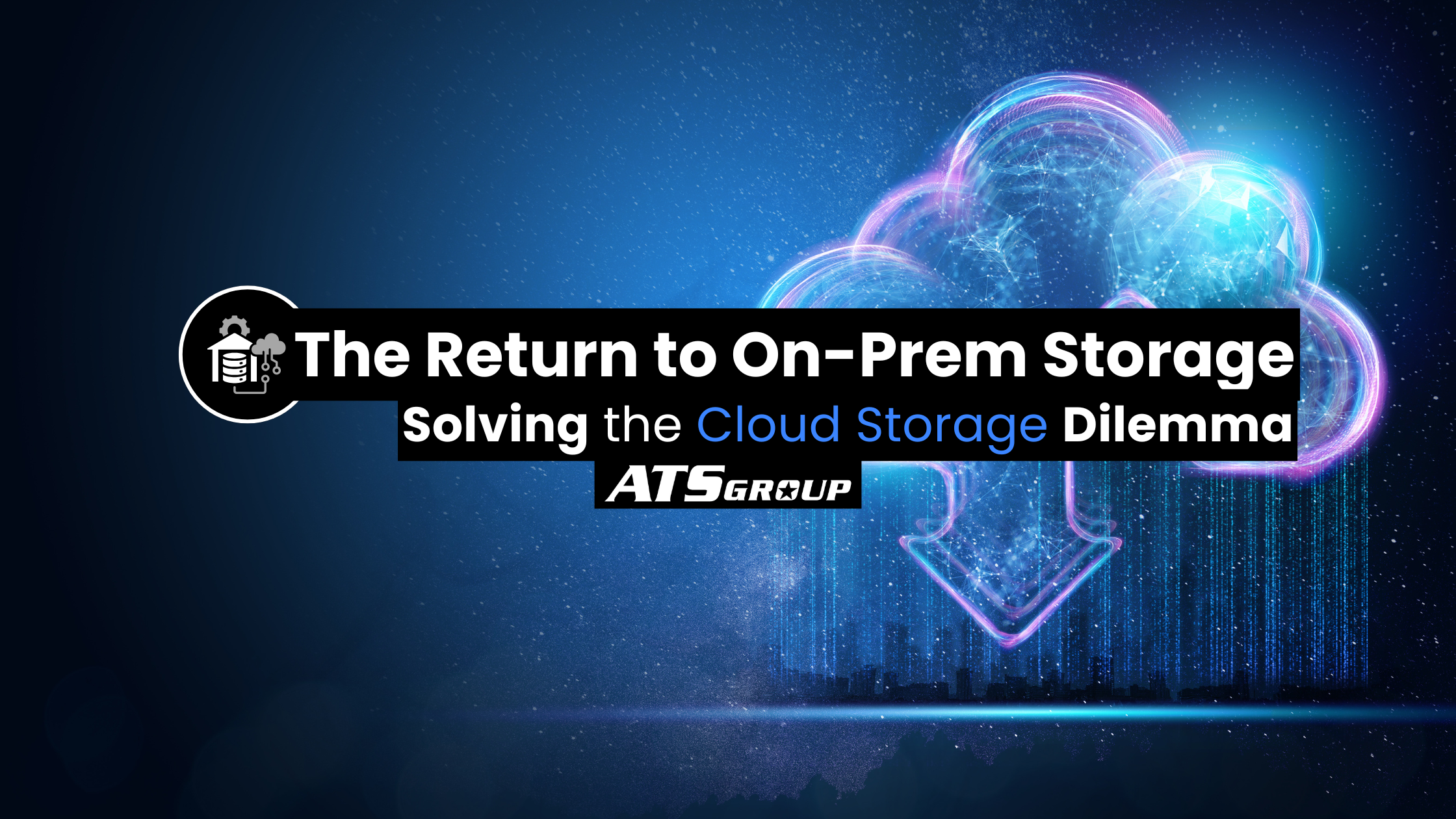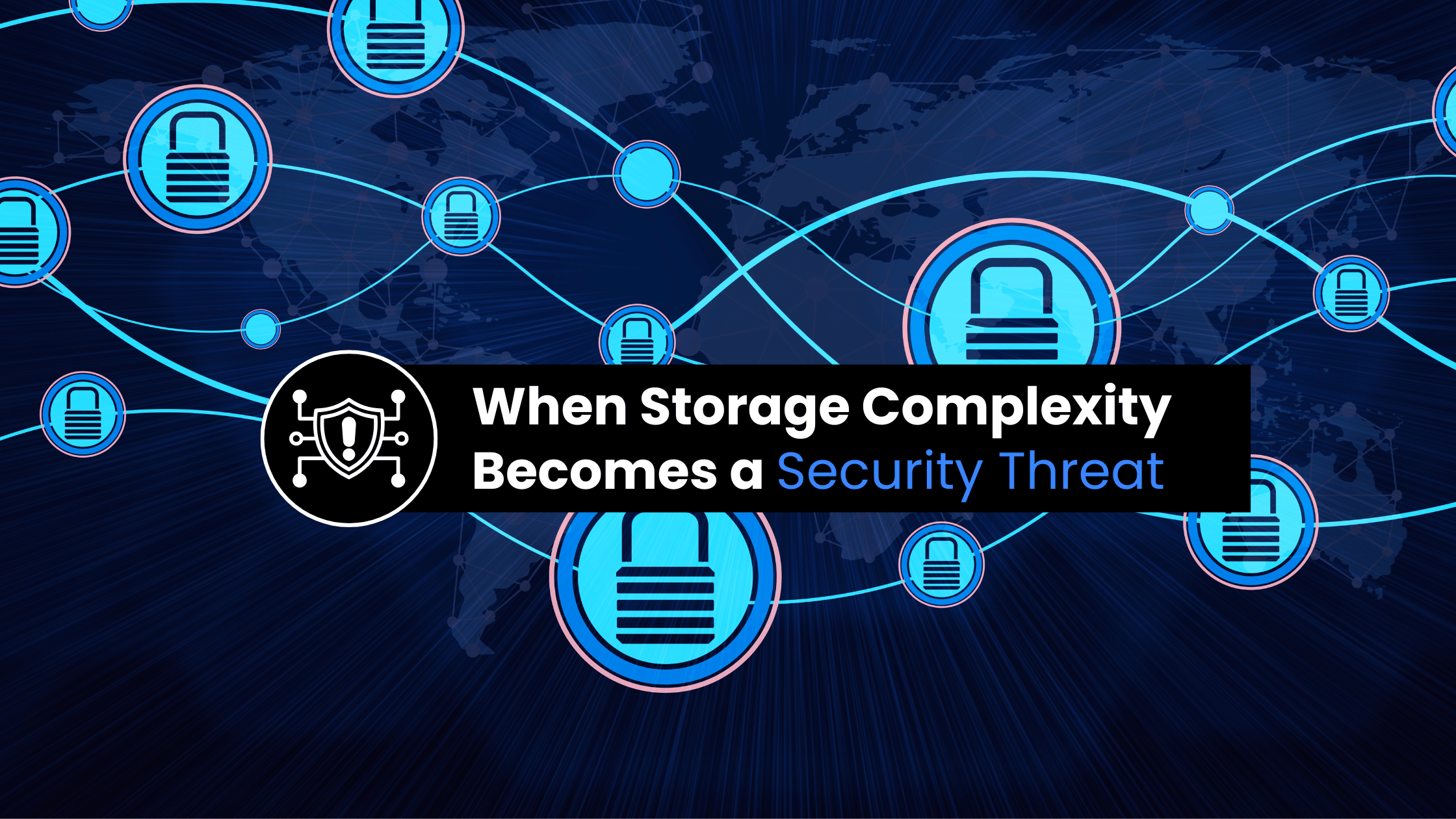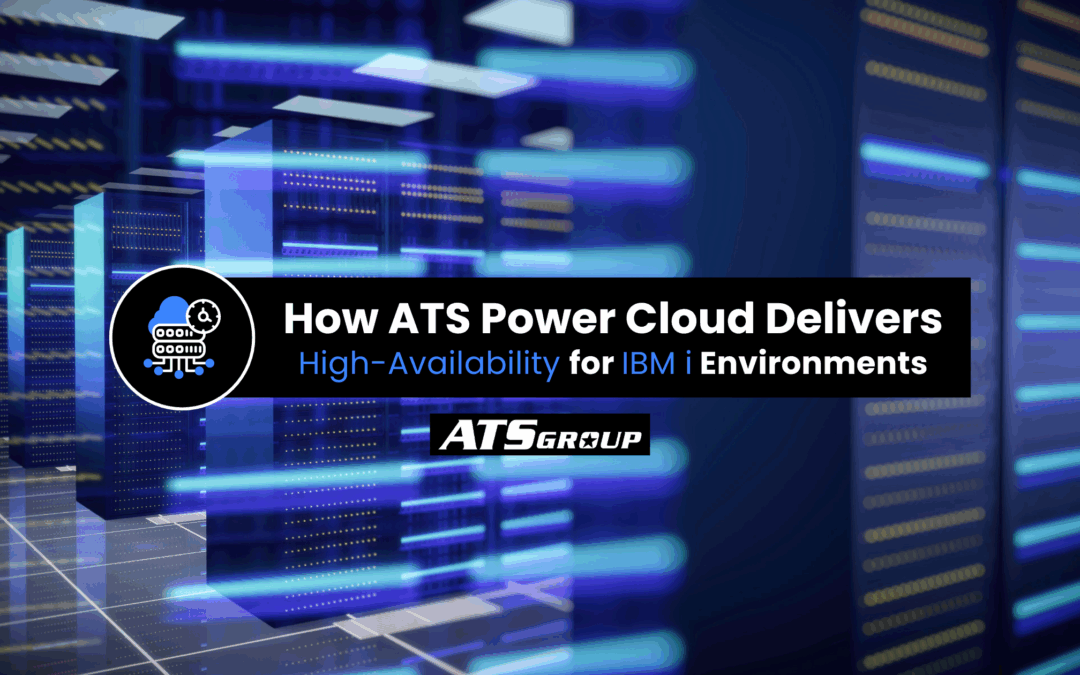Organizations are increasingly shifting to on-premises storage as they face mounting challenges with cloud storage. While the cloud offers flexibility, the growing costs, increased compliance complexity, and lack of direct control are prompting IT teams to reassess their approach to cloud adoption.
In this article, we break down why this shift is happening, how on-premise storage versus cloud storage stacks up, and what role modern Flash technologies—such as Flash, software-defined storage, and object storage—play in creating resilient, secure, and cost-effective environments.
Cloud Storage Challenges: Cost, Compliance, and Complexity
Cloud platforms are known for convenience, but long-term use often brings surprise costs. Egress fees, retrieval charges, and unpredictable scaling make budgeting challenging—especially for industries such as healthcare, retail, and finance that manage large data volumes.
Compliance requirements only add to the pressure. For instance:
- Healthcare organizations must meet HIPAA standards for patient data access and protection.
- Financial firms must align with Sarbanes-Oxley regulations on retention and auditability.
- Government agencies must ensure data sovereignty and security.
Many teams struggle to meet these needs in the cloud. That’s where on-premise storage provides an edge: complete visibility, control, and alignment with compliance mandates.
Why Businesses Are Repatriating Data from the Cloud
The trend toward bringing workloads back on-premises is accelerating. According to IDC’s report, “Assessing the Scale of Workload Repatriation,” nearly 80% of organizations expect to repatriate some workloads from the cloud within the year. Common drivers include:
- Ballooning storage costs
- Compliance pressures
- Data privacy and control
- Cloud platform lock-in
On-premise storage versus cloud storage isn’t an all-or-nothing debate. Many organizations are opting for a hybrid model, utilizing the cloud for burst capacity and on-premises infrastructure for critical workloads.
On-Premises Flash Storage: Performance and Scalability on Premise
Modern on-premises storage solutions start with Flash. With Flash, moving parts provide low-latency performance, ideal for demanding applications such as EHR systems, analytics platforms, and transactional databases.
Key benefits of flash storage:
- High-Speed Performance: Ultra-fast data retrieval for latency-sensitive workloads.
- Scalability: Seamlessly scales with growing data volumes.
- Security Features: Built-in encryption and redundancy ensure reliable protection.
Learn more about IBM Flash Storage solutions. For deeper infrastructure visibility, explore Galileo’s infrastructure monitoring platform.
On-Premises Software-Defined Storage: Control at Scale
IBM Storage Scale (formerly Spectrum Scale) is a leading solution for object storage on-premise and file-based workloads. Its software-defined architecture helps unify management across environments while supporting real-time access and massive scalability.
Key benefits of IBM Storage Scale:
- Unified Storage: Manage structured and unstructured data together.
- Elastic Growth: Expand without rearchitecting.
- Optimized Costs: Efficient use of resources avoids overprovisioning.
On-Premises Tape Storage: Long-Term, Cost-Effective, and Secure
Despite its age, tape is still a reliable solution for backup and archiving—especially in regulated industries. It’s offline by design, protecting against ransomware and providing physical air-gap security.
Key benefits of tape storage:
- Budget-Friendly: Lowest cost per terabyte for long-term storage.
- Durability: Tapes last for decades.
- Security: Off-network storage resists cyber threats and data loss.
Choosing the Right Storage Strategy
With rising cloud storage challenges, organizations are taking a fresh look at on-premises storage for greater predictability, compliance, and performance. By integrating Flash for speed, software-defined storage for flexibility, and tape for retention, businesses can build an infrastructure that today supports both today’s needs and tomorrow’s growth.
Ready to rethink your data strategy? Speak with an ATS Data Protection Advisor to evaluate your environment and see how on-premise storage solutions can meet your unique requirements.




